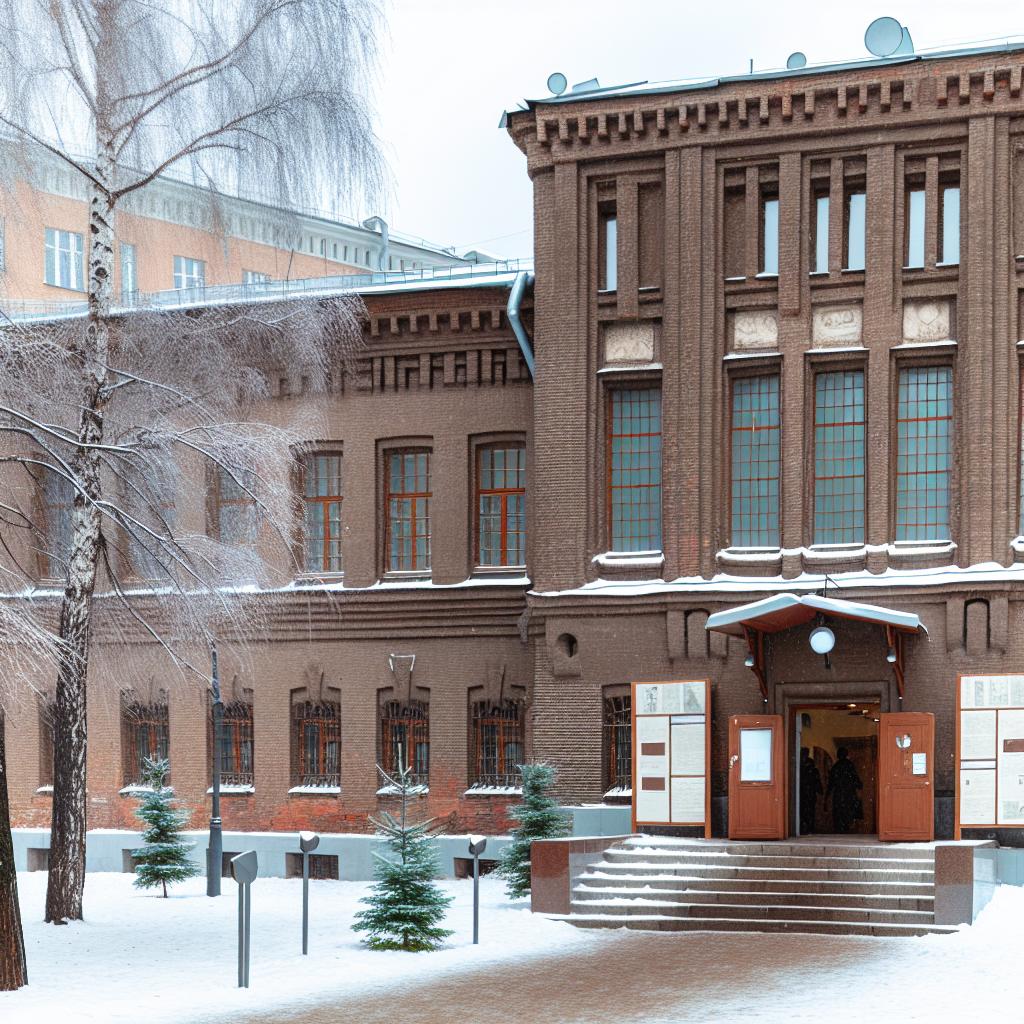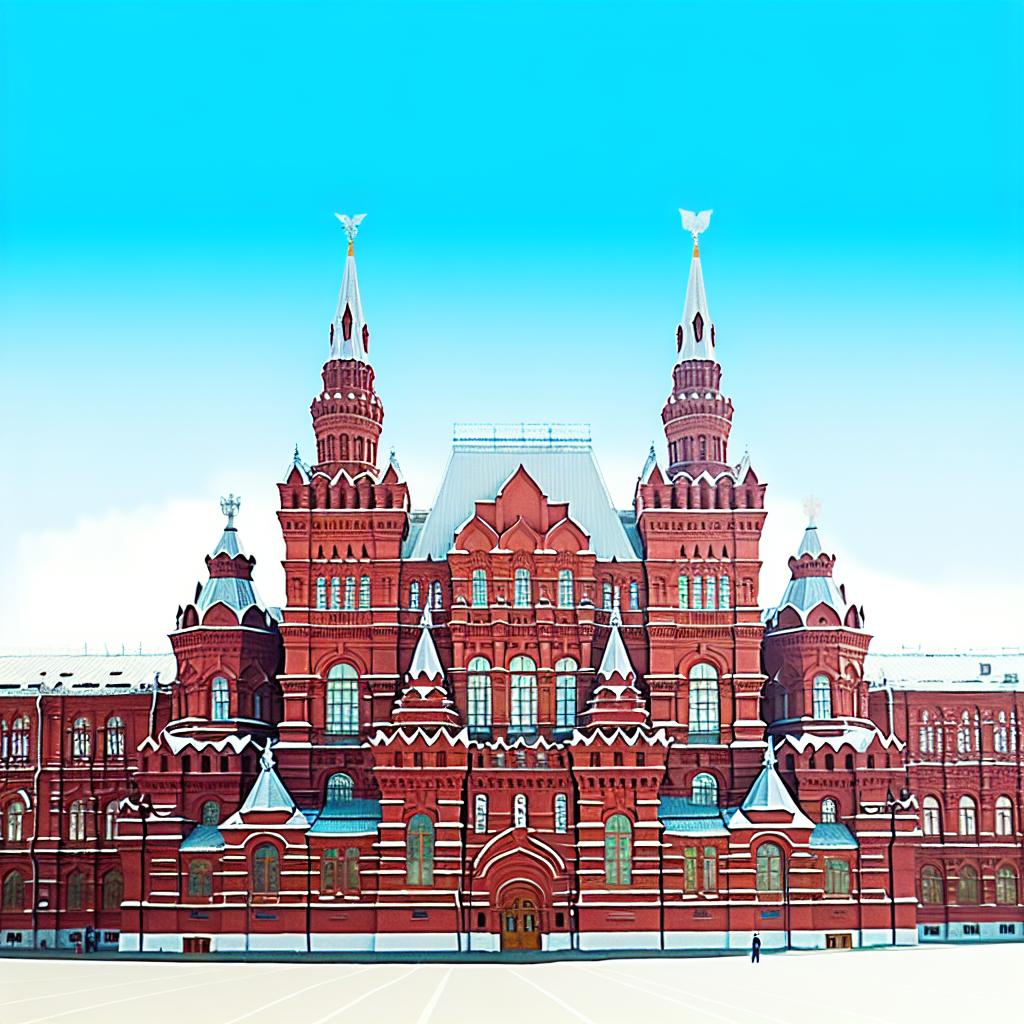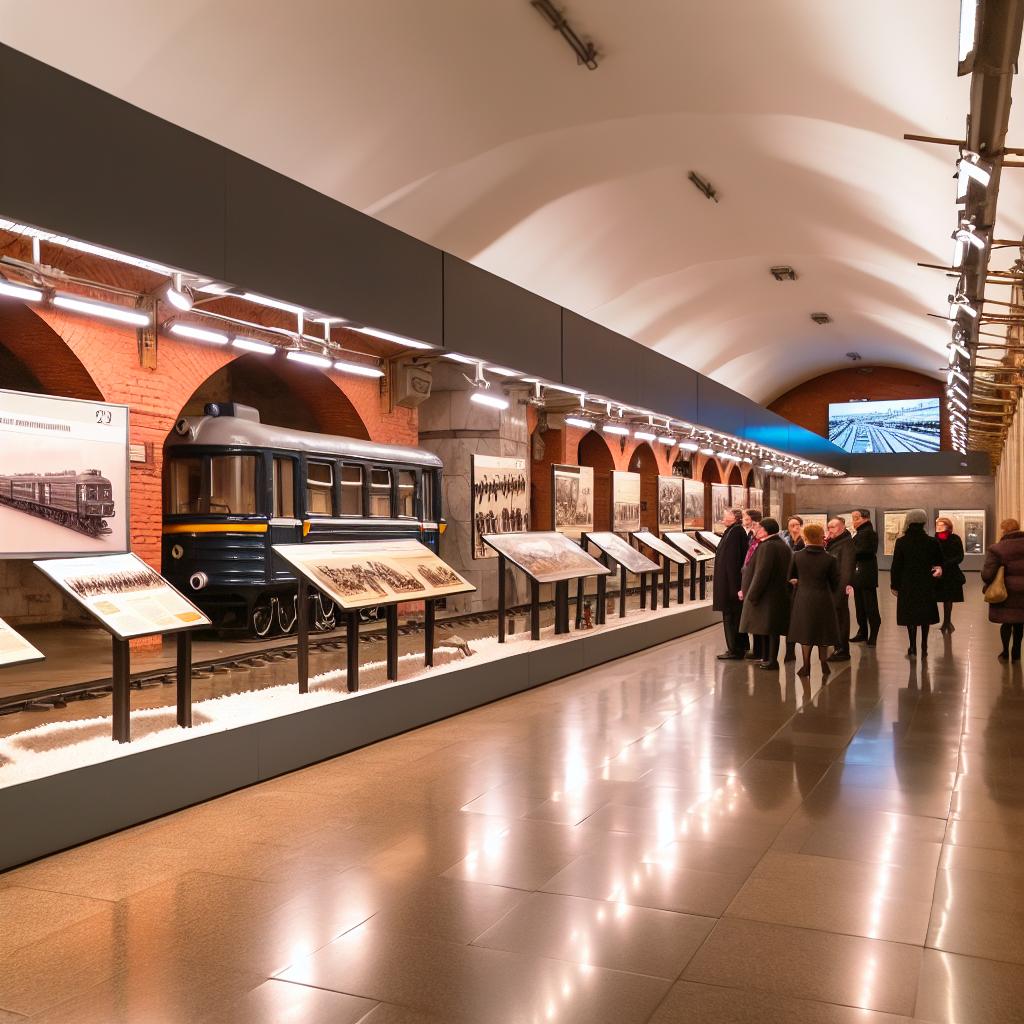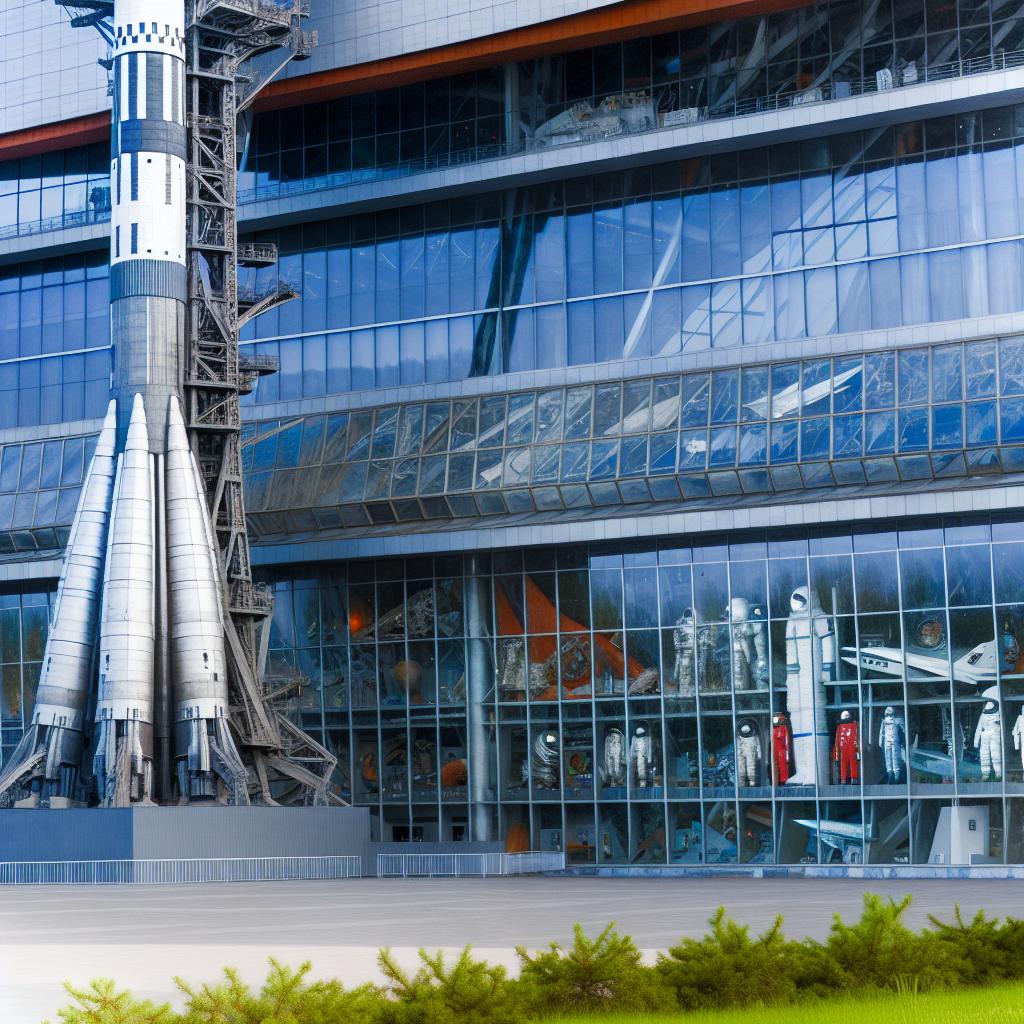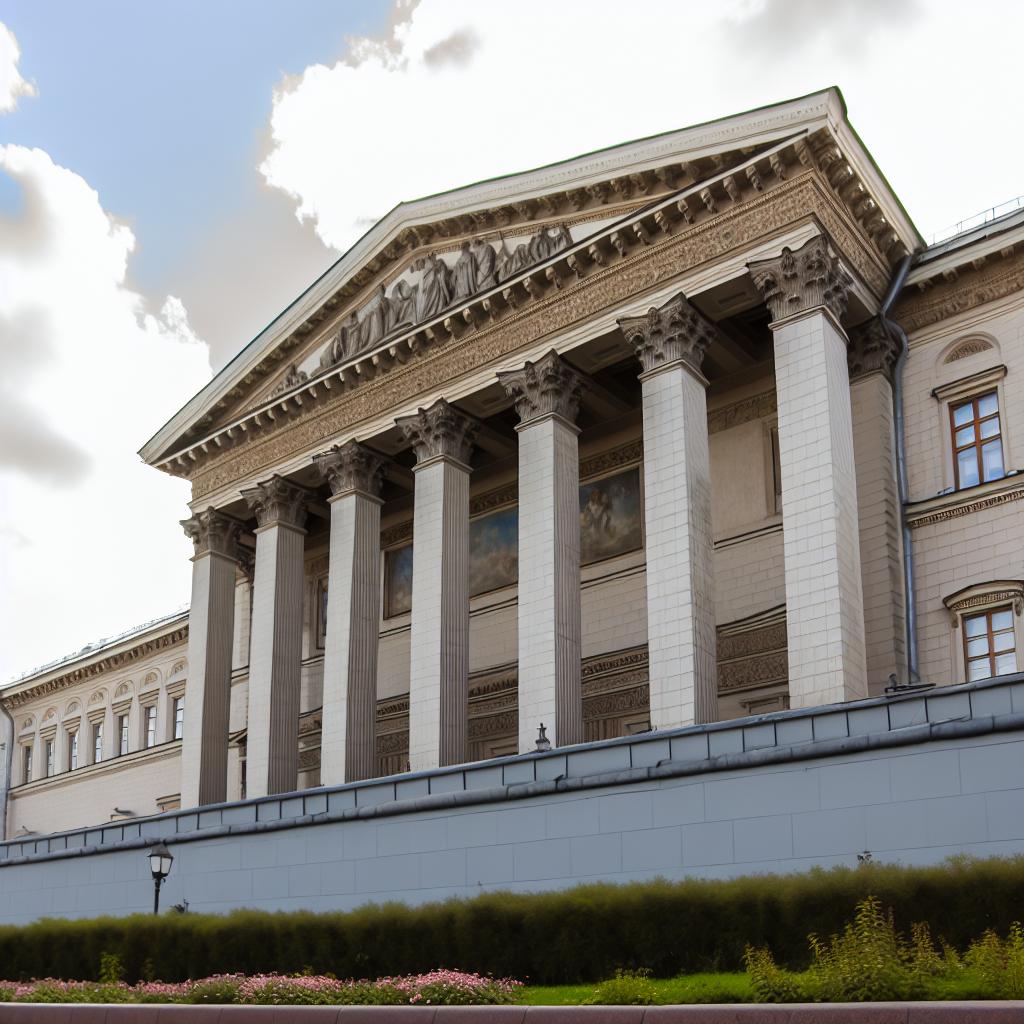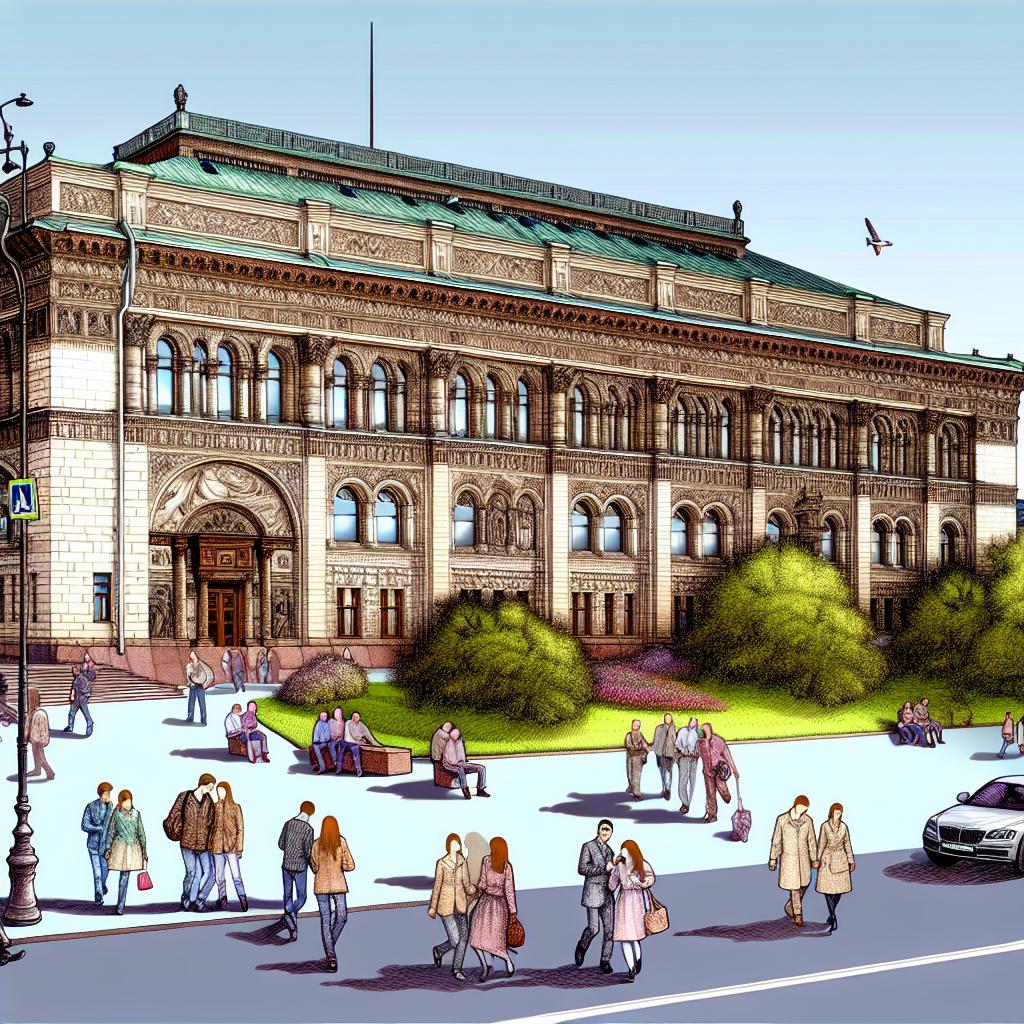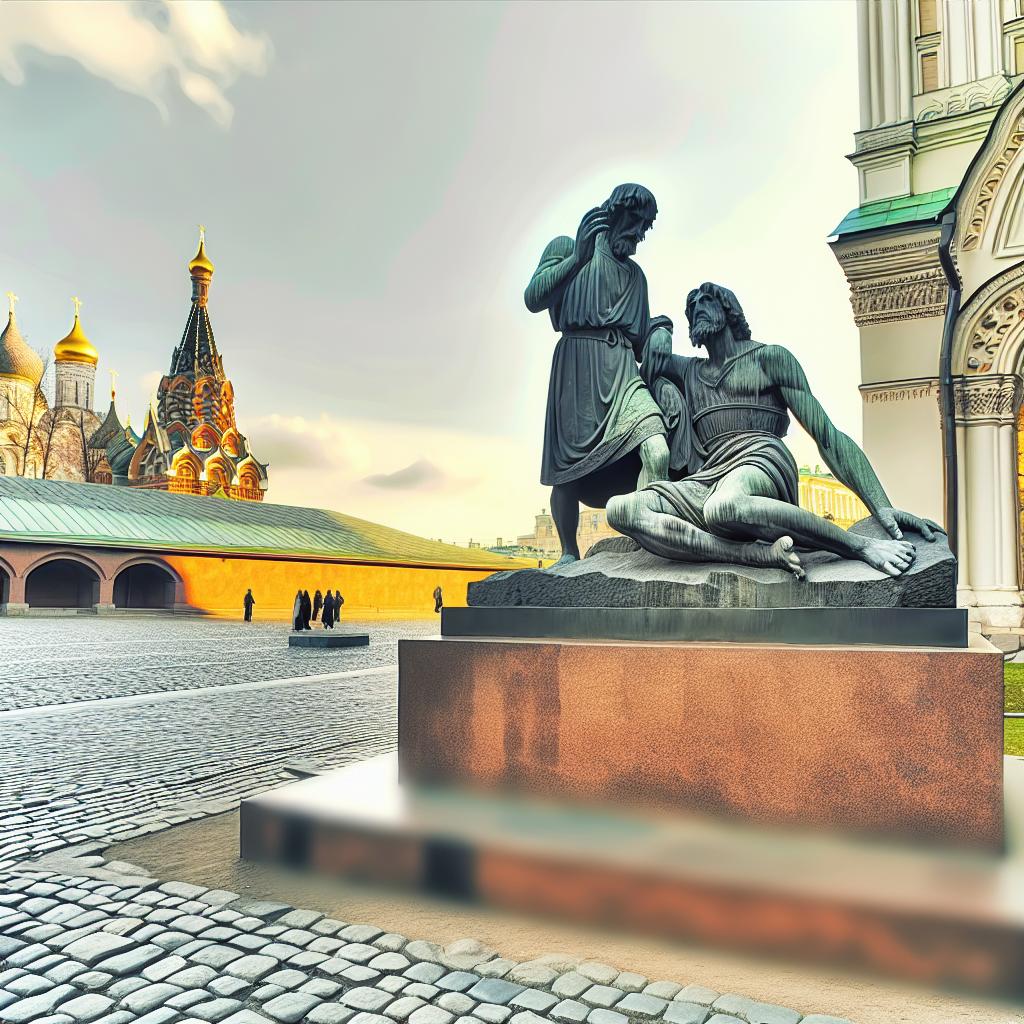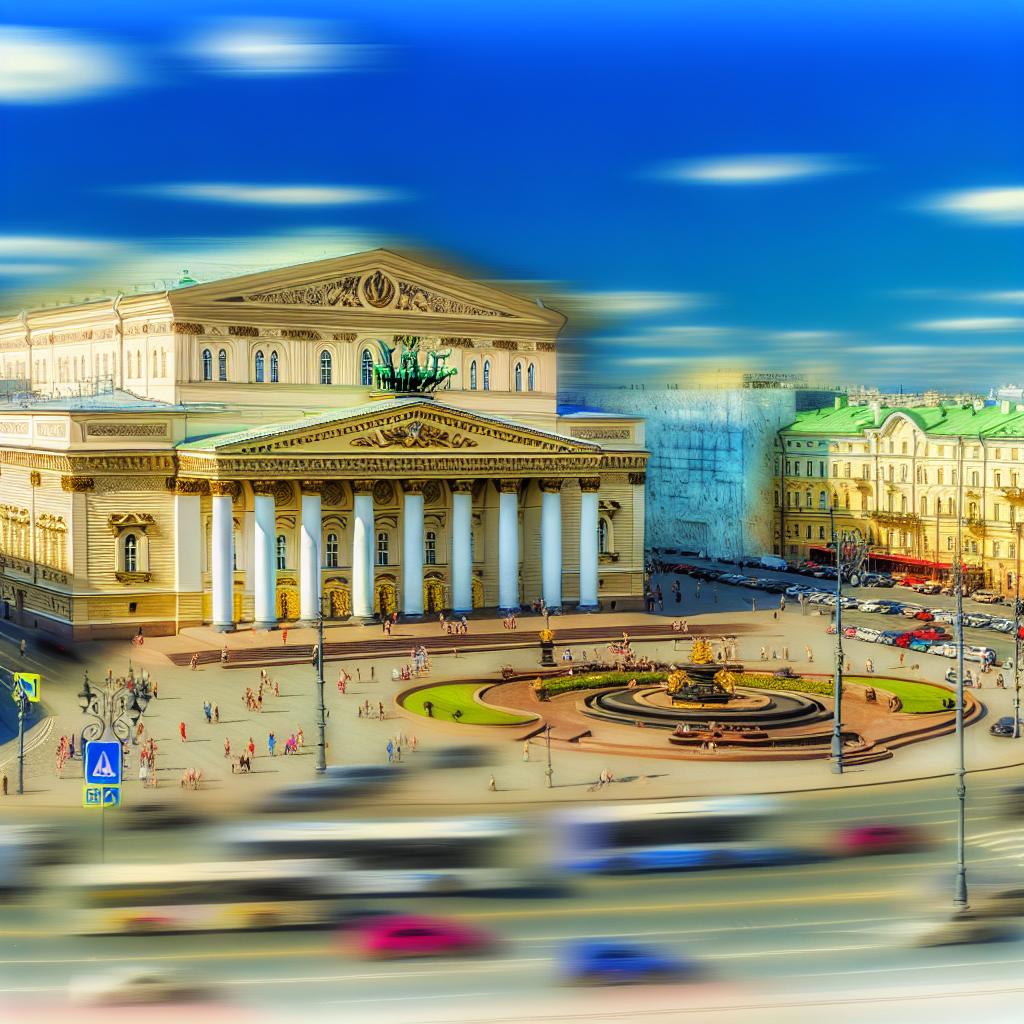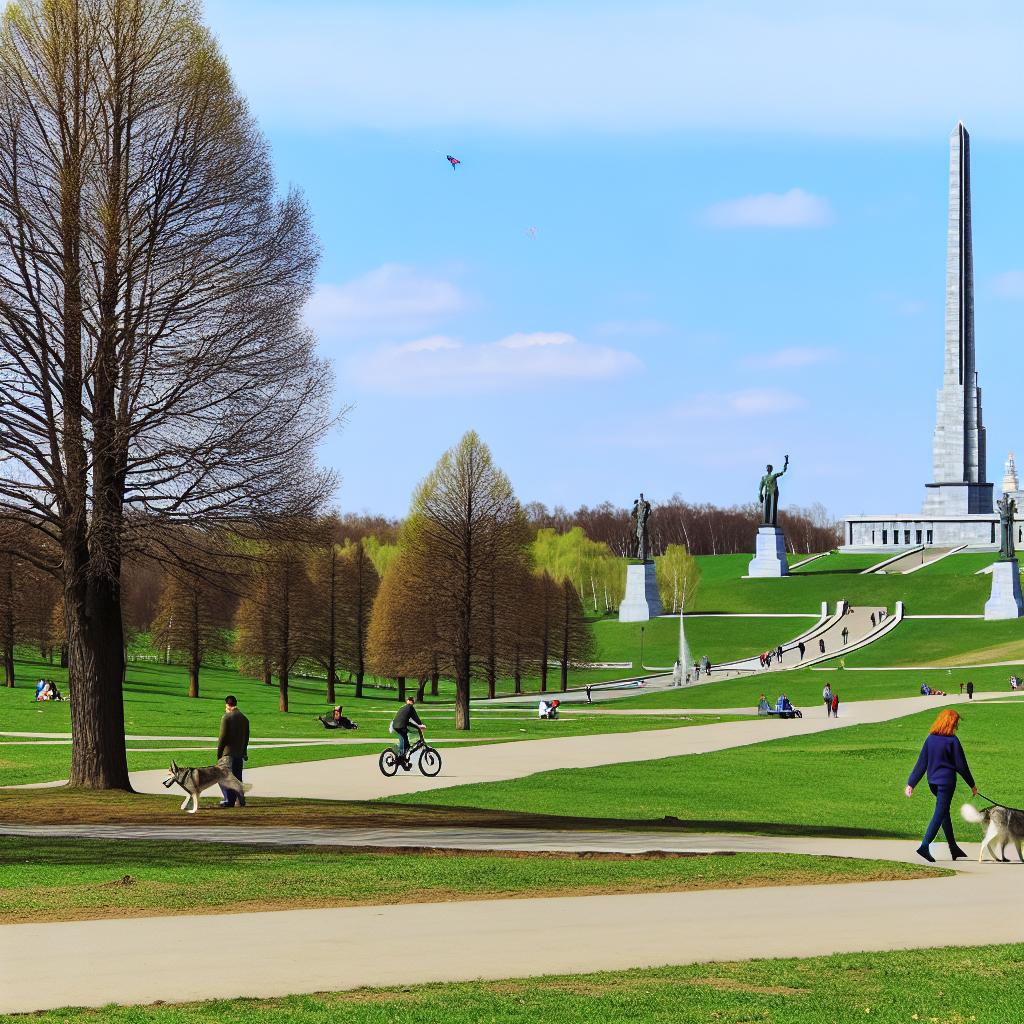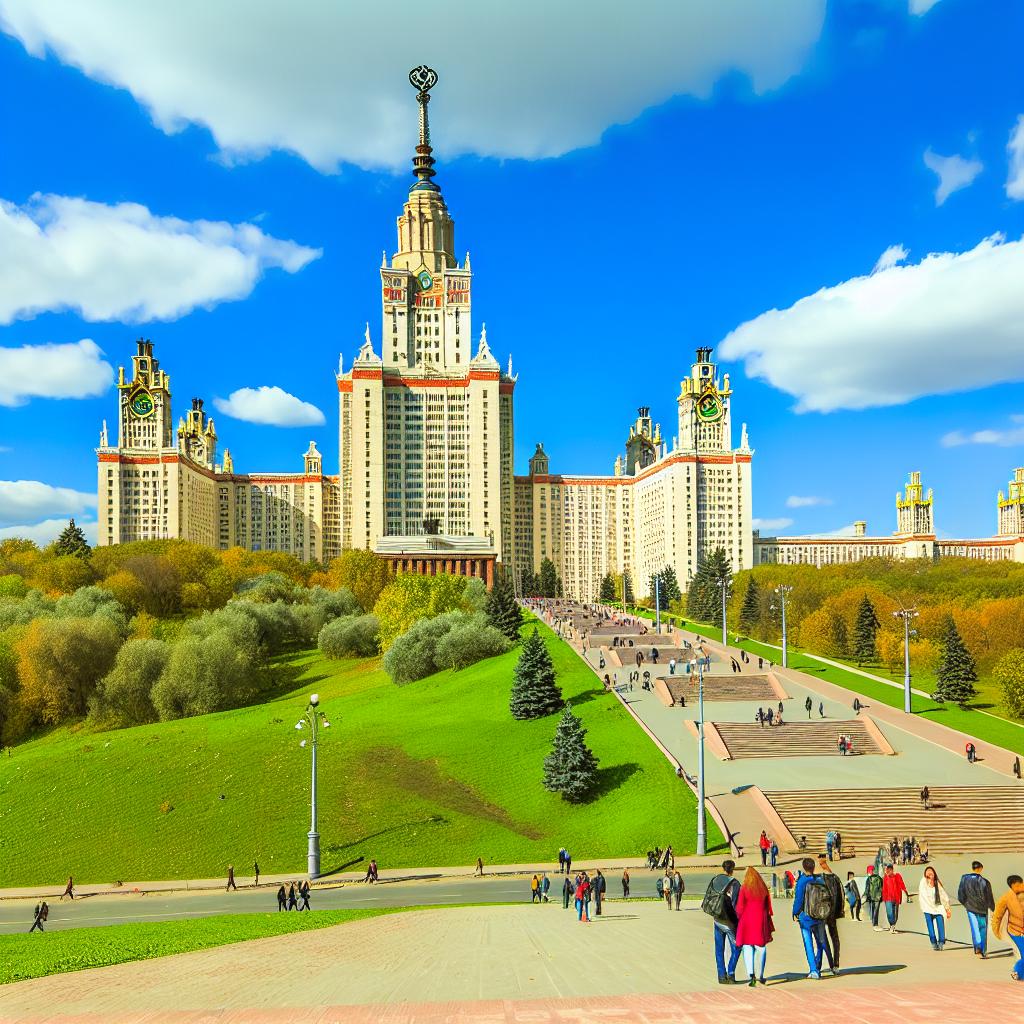Introduction to the Gulag History Museum The Gulag History Museum in Moscow serves as a significant memorial institution dedicated to the vital task of preserving the memory of individuals who suffered under the Soviet Union’s repressive Gulag system. This museum provides a profound examination of the forced labor camps that were operational for two decades, […]
Read MoreAuthor: admin
State Historical Museum
The State Historical Museum: An Overview The State Historical Museum, prominently situated in Red Square, Moscow, Russia, acts as a vital custodian of the nation’s historical artifacts, offering an expansive narrative of Russia’s storied past. With its establishment dating back to 1872, the museum serves as an irreplaceable cultural landmark. It meticulously bridges the historical […]
Read MoreMoscow Metro Museum
Moscow Metro Museum: An Overview The Moscow Metro Museum presents a captivating exploration into the vast history and development of the Moscow Metro system, recognized as one of the most complex and efficient subway networks in the world. It was established in 1967, making it an integral stop for those with a keen interest in […]
Read MoreThe Museum of Cosmonautics
The Museum of Cosmonautics: An Overview The Museum of Cosmonautics, located in Moscow, offers a comprehensive exploration of Russia’s enduring contributions to space exploration. Strategically situated near the Monument to the Conquerors of Space, it stands as a beacon of human achievement in the vast realm of space science. Historical Significance The museum’s origin dates […]
Read MorePushkin Museum of Fine Arts
Overview of the Pushkin Museum of Fine Arts The Pushkin Museum of Fine Arts, situated in the heart of Moscow, Russia, is a beacon of culture and art, widely recognized for its vast array of artistic collections that span centuries and continents. Established by Professor Ivan Tsvetaev in 1912, this revered institution bears the name […]
Read MoreThe State Tretyakov Gallery
The State Tretyakov Gallery: An Overview The State Tretyakov Gallery is a prestigious and culturally significant institution nestled in the heart of Moscow, Russia. This gallery is renowned for being a repository of Russian fine art, boasting one of the most extensive collections globally. Its foundation traces back to the mid-19th century and represents a […]
Read MoreMonument to Minin and Pozharsky
Introduction to the Monument The Monument to Minin and Pozharsky in Moscow serves as a profound piece of Russia’s cultural and historical tapestry. Positioned in the iconic Red Square, it faces the magnificent Saint Basil’s Cathedral. This landmark pays homage to Kuzma Minin and Dmitry Pozharsky, two pivotal figures recognized for their leadership in mobilizing […]
Read MoreThe Bolshoi Theatre
The Bolshoi Theatre: A Historical Icon The Bolshoi Theatre, located in the heart of Moscow, Russia, stands as a testament to the rich cultural tapestry and artistic endeavors that have shaped this nation over centuries. Established in 1776, the theatre isn’t just a place for performances; it is a symbol of Russian art and heritage. […]
Read MoreVictory Park (Poklonnaya Hill)
Overview of Victory Park (Poklonnaya Hill) Victory Park, an iconic landmark, holds a special place in Russia’s vast historical landscape. Nestled in Moscow, it epitomizes the Soviet triumph over Nazi Germany during World War II. Occupying a strategic position on Poklonnaya Hill, the park has witnessed pivotal moments in history, offering a window into Russia’s […]
Read MoreSparrow Hills and Moscow State University
Sparrow Hills Sparrow Hills, known as Vorobyovy Gory in Russian, is a notable district located in the southwestern part of Moscow, Russia. Situated on the right bank of the Moscow River, it rises to about 220 meters in elevation, making it one of the city’s highest points. This location offers panoramic views of the city […]
Read More
